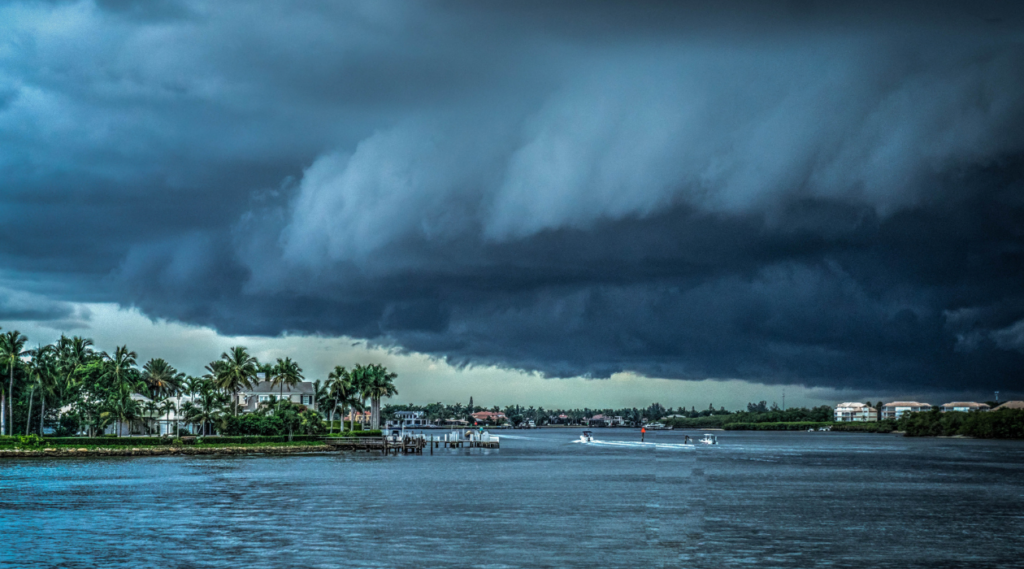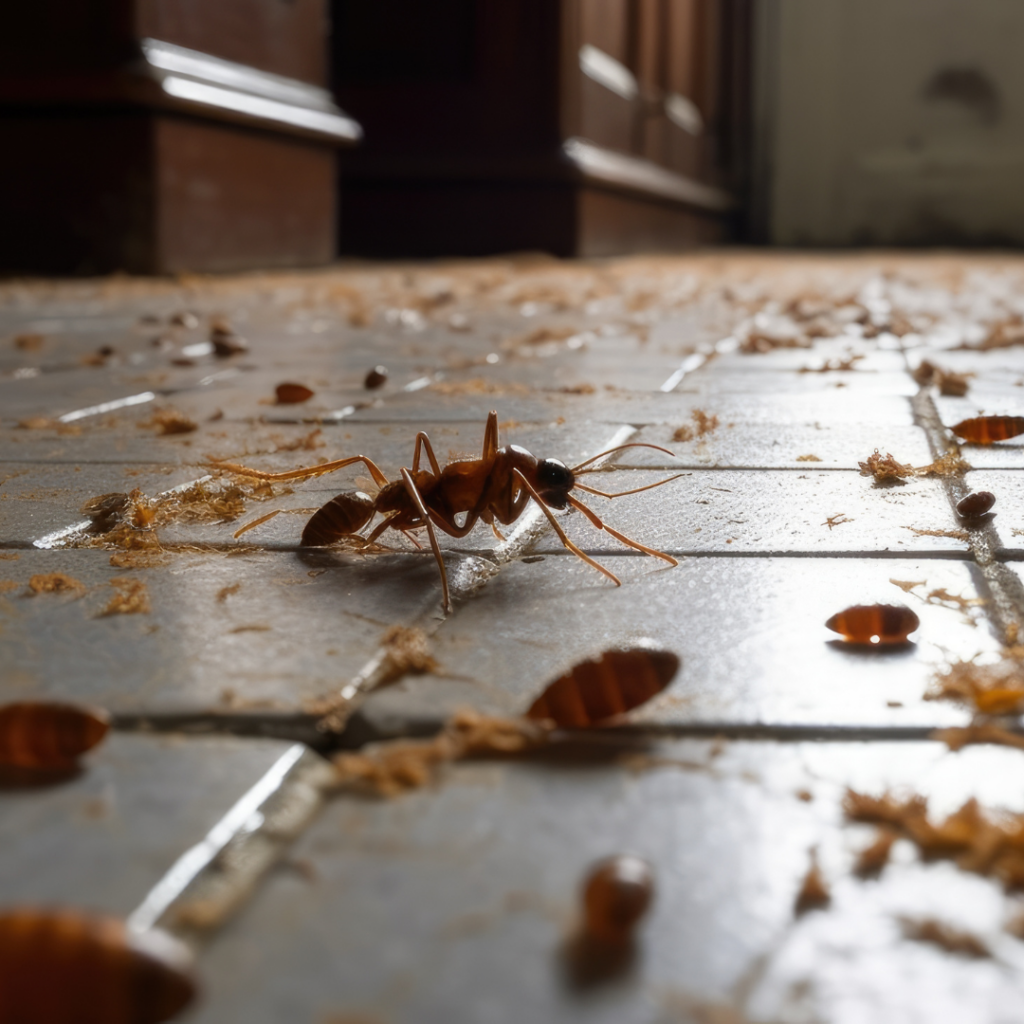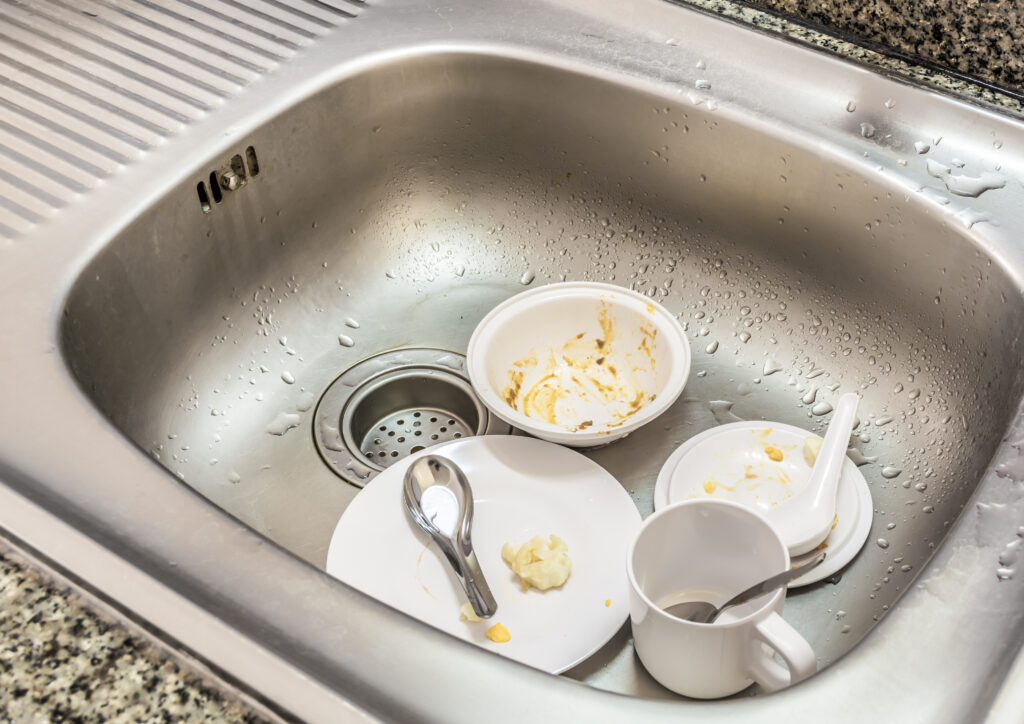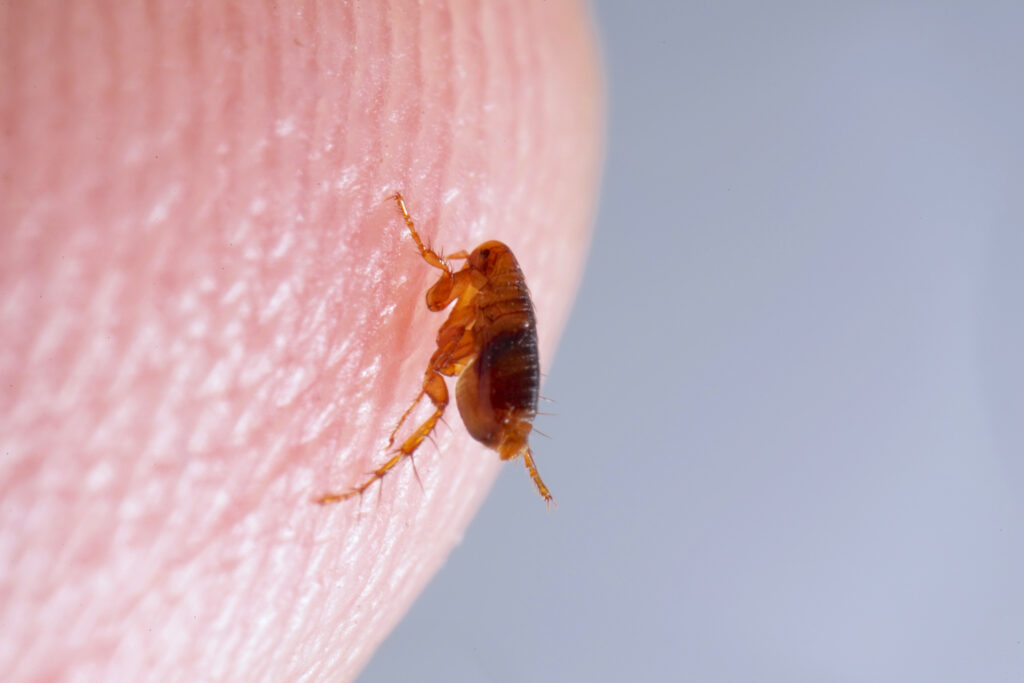
Florida Hurricanes
During hurricane season, Floridians must be prepared for all sorts of things…While there’s already plenty to do when it comes to preparing for hurricane season, homeowners need to take some time to plan for the influx of critters this time of year.
Florida Hurricane Season 2024
Hurricane season in Florida officially began with Tropical Storm Debby being the opening act. In May 2024, NOAA National Weather Service forecasters at the Climate Prediction Center predicted above-normal hurricane activity in the Atlantic basin this year. NOAA’s outlook for the 2024 Atlantic hurricane season, which spans from June 1 to November 30, predicts an 85% chance of an above-normal season, a 10% chance of a near-normal season, and a 5% chance of a below-normal season.
This Atlantic hurricane season is expected to have above-normal activity due to a confluence of factors, including near-record warm ocean temperatures in the Atlantic Ocean, development of La Nina conditions in the Pacific, reduced Atlantic trade winds and less wind shear, all of which tend to favor tropical storm formation. Thus far, weather predictions have been accurate with two storms rolling right through Florida this year, Hurricanes Helene and Milton.
Florida Hurricanes and Pests
Hurricanes can create conducive conditions for pests, especially those that thrive in wet environments or need water to breed, like mosquitoes. Occasional invaders, including American cockroaches (or Palmetto bugs to some Floridians), will also use hurricane season as their time to infiltrate indoor spaces. But do hurricanes bring bugs? Not necessarily in the sense of additional insects arriving with a storm. However, heavy storms can cause insects and wildlife to be displaced and to seek safer shelter.
What Happens to Bugs During a Hurricane?
If you find yourself asking, “Why are bugs getting worse in my house?” you’re not alone. This is very common during hurricane season, even before any storms hit. During the summer, many Floridians will find occasional invaders in their homes. In general, bugs will seek shelter during extreme weather events, such as a hurricane. This could mean burrowing underground for some pests and sneaking into your home for others. Exactly what happens to bugs during a hurricane depends on a variety of factors, such as where the bug in question is and how severe the storm is.
What Bugs Come Out When There’s a Hurricane?
What are the most common pest problems after a thunderstorm? And do storms bring out bugs? Some of the most common pests Floridians encounter during hurricane season are mosquitoes, ants, cockroaches, and termites.
- Mosquitoes: These pests breed in water, and the floodwater after a hurricane is a great breeding ground for them, even if it’s temporary. It’s common to see mosquito populations spike following a hurricane or even just a particularly rainy week.
- Ants: During especially hot or wet weather, ants will seek shelter indoors. That’s why many people report seeing ants in their homes this time of year when normally they would not have this issue.
- Cockroaches: American cockroaches are usually outdoor insects, but Floridians will see them indoors more frequently during the summer than in other seasons. Like ants, American cockroaches seek shelter from weather that could put them at risk.
- Termites: When wood is soaked through from a storm, it makes it significantly more susceptible to termite damage. The weaker wood is an attractive meal and home for these pests, which they will take advantage of.
Can I Treat Bugs After Rain?
Yes. You can treat bugs after rain; however, conditions should be such that the product can adhere appropriately. If an area is thoroughly soaked through with a significant amount of standing water, you will want to focus on drainage efforts first. And keep upcoming inclement weather in mind. If the rain is predicted to resume shortly, you are better served waiting until after the storm has passed completely.
Hurricane Preparedness
Conducting a Property Inspection
Before any hurricanes make landfall, it’s important to inspect your property for vulnerability.
- Check your home for any structural concerns that could be exacerbated in a storm.
- Assess how rainwater interacts with your home. The water should flow away from the foundation.
- Make sure your gutters are clean and in good condition.
- Remove any debris near your home. Wood piles or full trashcans could turn into a big mess in a hurricane and provide pests with food and shelter.
- Confirm that any trees that are close to your home have been trimmed to avoid branches falling on your property.
- Address any preexisting water damage, which could be weakening the structure of your home.
- Check your home for any entry points that pests or wildlife could use to enter.
Taking these steps in addition to your regular hurricane preparation can help with avoiding unnecessary troubles when a hurricane does come.
Displaced Wildlife
Hurricanes pose a significant risk when it comes to wildlife displacement. While alligators are a more extreme example, there are all sorts of critters this happens to in storms. Snakes, rats, and mice will seek higher ground to avoid flooding. Areas like garages, attics, and crawl spaces could provide some respite for them, and they will seek those shelters out.
During and immediately following a big storm, be mindful when you go outside and do not send your pet outside by themselves. This could put you and your pet in great danger. If you believe a wild animal has made its way onto your property or into your home, please do not attempt to catch it on your own. Safety should always be the priority, and sometimes that means getting professional assistance.
Power Outages and Food Safety
If you lose power during a hurricane, be mindful of food spoiling. The University of Florida’s Institute of Food and Agricultural Sciences (UF/IFAS) provides the following guidelines:
- Food in a refrigerator that stays completely closed during the outage should stay safe to eat for four hours. Anything more than that, and it might be best to dispose of it when you’re able to do so safely.
- Food in a full freezer that remains closed will stay good longer than in a half-full freezer. A full freezer that is not opened during the outage can stay frozen for 48 hours, but only 24 hours for a half-full freezer.
- If frozen food has been thawed at all or thawed and refrozen, it should be disposed of and should not be considered safe to eat. Partially eaten food should also be discarded.
- Do not feed discarded food to pets or other animals. It is likely to make them sick.
When power outages are prolonged, there’s a chance all the food in your refrigerator and freezer could spoil. In that case, the food could attract some unwanted visitors to your space. Flies, ants, cockroaches, rats, mice, and other pests would love to take those unwanted foods off your hands. It is advisable to put spoiled food into sealed bags and then into sealed trashcans kept away from your home.
If you have a trashcan containing organic material (like discarded food) that won’t be collected before the storm or if you are disposing of food during the storm, take precautions. You will want to make sure that all outdoor waste receptacles are tightly sealed before the storm hits. Ideally, they should be placed inside of a structure to prevent them from being tipped over or otherwise made susceptible to insects or wildlife. The shelter and food provided by outdoor waste and debris are appealing to pests, making your home the next stop in their journey.
Water Damage and Debris
Hurricanes bring lots of water damage and debris with them. While the severity can vary from storm to storm and based on your location, it’s always important to address the situation as soon as possible after the hurricane passes.
The excess water following a storm attracts mosquitoes, termites, ants, cockroaches, and other pests. Sometimes there isn’t much to be done about this floodwater but try to do what you can if it’s manageable. For example, dumping out any water that collected – that could be in anything from tarps covering items to a recycling bin to a tire. If water has collected in it, do your best to drain it. You may need to wait for the soil in your yard to dry out a bit.
You’ll also need to remove any debris around your house. Pests and critters can use debris as a highway into your home if it’s in contact with the exterior. Depending on the type of debris, it could also be a food source.
No matter the situation, the most important thing is to prioritize your safety. Be sure to confirm the conditions are safe for you to go outside and take proper precautions.
Summer Bugs
Throughout the year, various pests become more prevalent in different seasons. In Florida, summer brings a surge of bugs, with mosquitoes standing out as the most dangerous of them all. This is especially true during hurricane season when mosquito populations increase significantly. Understanding more about these pests is crucial for protecting yourself.
Mosquitoes
Are mosquitoes worse when it’s raining? They certainly can be! While most people know about standing water mosquitoes, many are unaware of floodwater mosquitoes. Heavy rains and hurricanes can open us up to both types of mosquitoes simultaneously, which makes the mosquito situation here in Florida even worse. Mosquito control in Florida is essential.
According to UF/IFAS, the estimated number of floodwater mosquito eggs per acre of land is between 700 thousand and 1.3 million. The floodwater mosquitoes lay their eggs in damp soil, or in floodwater, and over time, those areas dry out. The eggs will survive this, and then when the next hurricane season comes and resoaks these areas, the eggs are signaled to hatch. This is very different from what happens to standing water mosquitoes, whose larvae cannot survive drying out.
Unfortunately, hurricanes provide additional breeding grounds for both types of mosquito species. This means that it’s important to empty any standing water you have on your property after a hurricane, but even that might not have the impact you’re looking for because of the floodwater mosquitoes. It is recommended to get assistance from a professional.
What Are The Worst Times for Mosquitoes?
Mosquito season can vary across the state of Florida, but spring and summer are thought to be the worst. Keep in mind that many mosquito eggs can survive overwinter and hatch in the spring. Not to mention the further south you go, the less likely it is that “winter” has any impact on mosquitoes at all. Or if you meant time of day, not time of year, dusk and dawn are generally considered the most active feeding times for mosquitoes.
As we are now in hurricane season here in Florida, it is important to take precautions and be prepared. Call Turner for an inspection or to schedule a free quote NOW!



